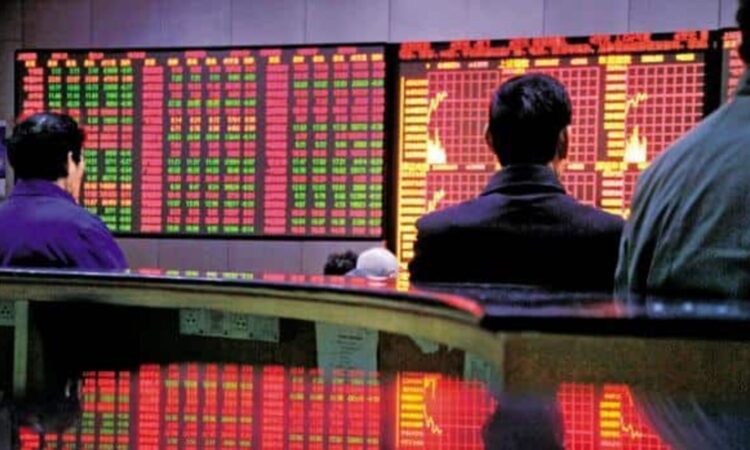
Chinese equities listed in Hong Kong followed global stocks lower as trading resumed after the Lunar New Year holiday.
Investors are still trying to assess policymakers’ willingness to halt the deepening rout, and evaluating a drop in US markets overnight after a stickier-than-expected inflation reading.
The Hang Seng China Enterprises Index, which tracks Chinese stocks traded in Hong Kong, fell 1.2% in early trading. Hong Kong’s equity benchmark dropped 1.1%.
China’s efforts, ranging from state-sponsored share purchases to short-selling bans, have had limited impact in reviving the mainland stock market. Structural issues such as deflationary pressure, the property market crisis, and tensions with the West continue to weigh on investors.
The trading cues that emerged during Hong Kong’s Lunar New Year holiday were also mixed. MSCI Inc. said it’s deleting a slew of battered Chinese stocks from its indexes, while China’s credit growth notched a record high in January.
Most of the consumption-related data like travel and box-office receipts are still to come, but Citigroup Inc. said in a note that Macau casinos saw a strong start to the Chinese New Year holidays, with mainland visitors rising 34% in the first three days versus the comparable period in 2019.
From a macro perspective, investors will be watching for further policy signals from Beijing, including a potential reduction in interest rates or an increase in fiscal investment in announcements coming up later this month. That’s in addition to clues about the trajectory of policy by the Federal Reserve and other major central banks.
Here’s your comprehensive 3-minute summary of all the things Finance Minister Nirmala Sitharaman said in her Budget speech: Click to download!
